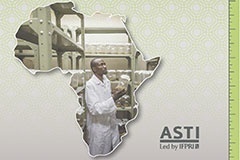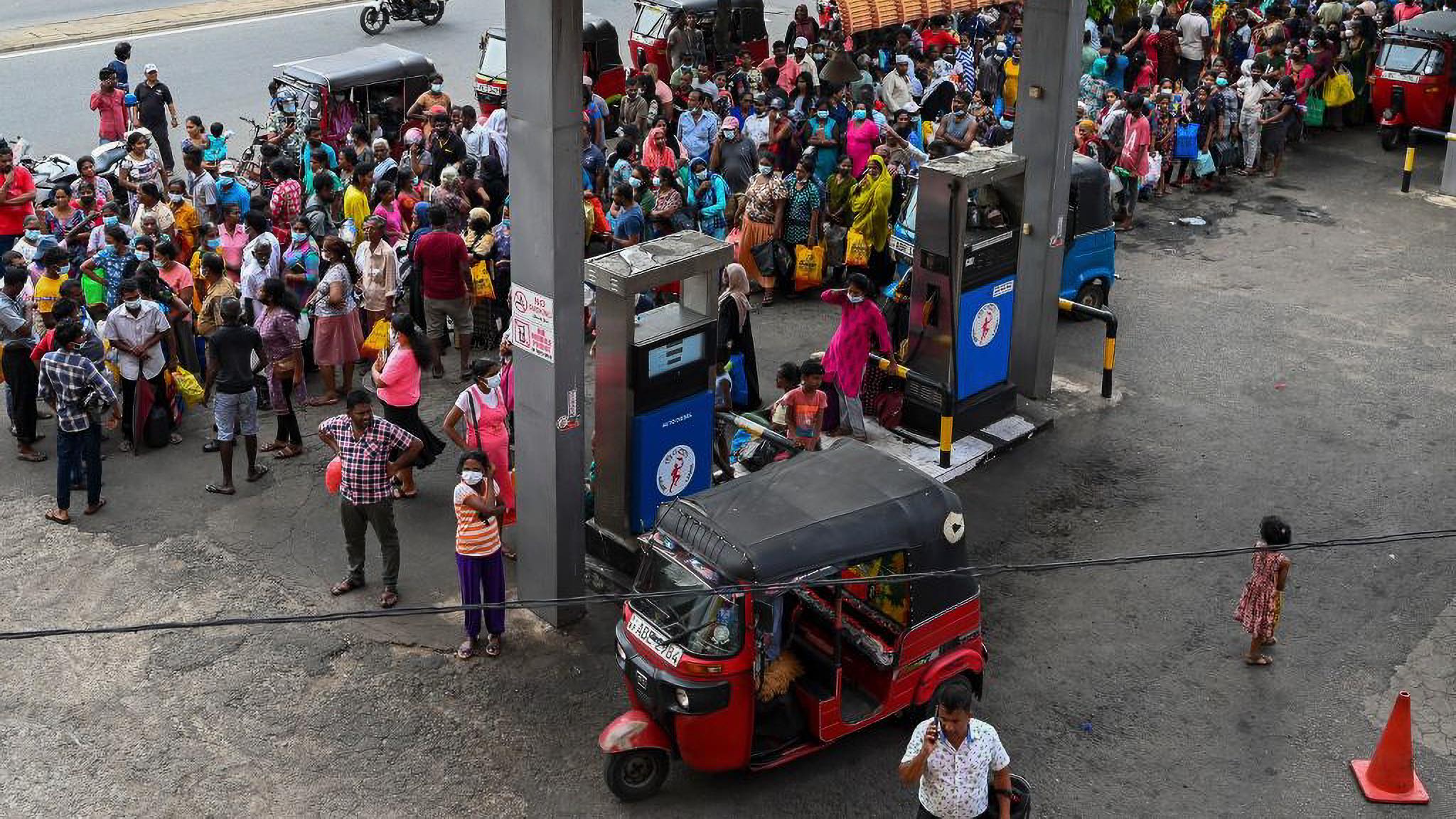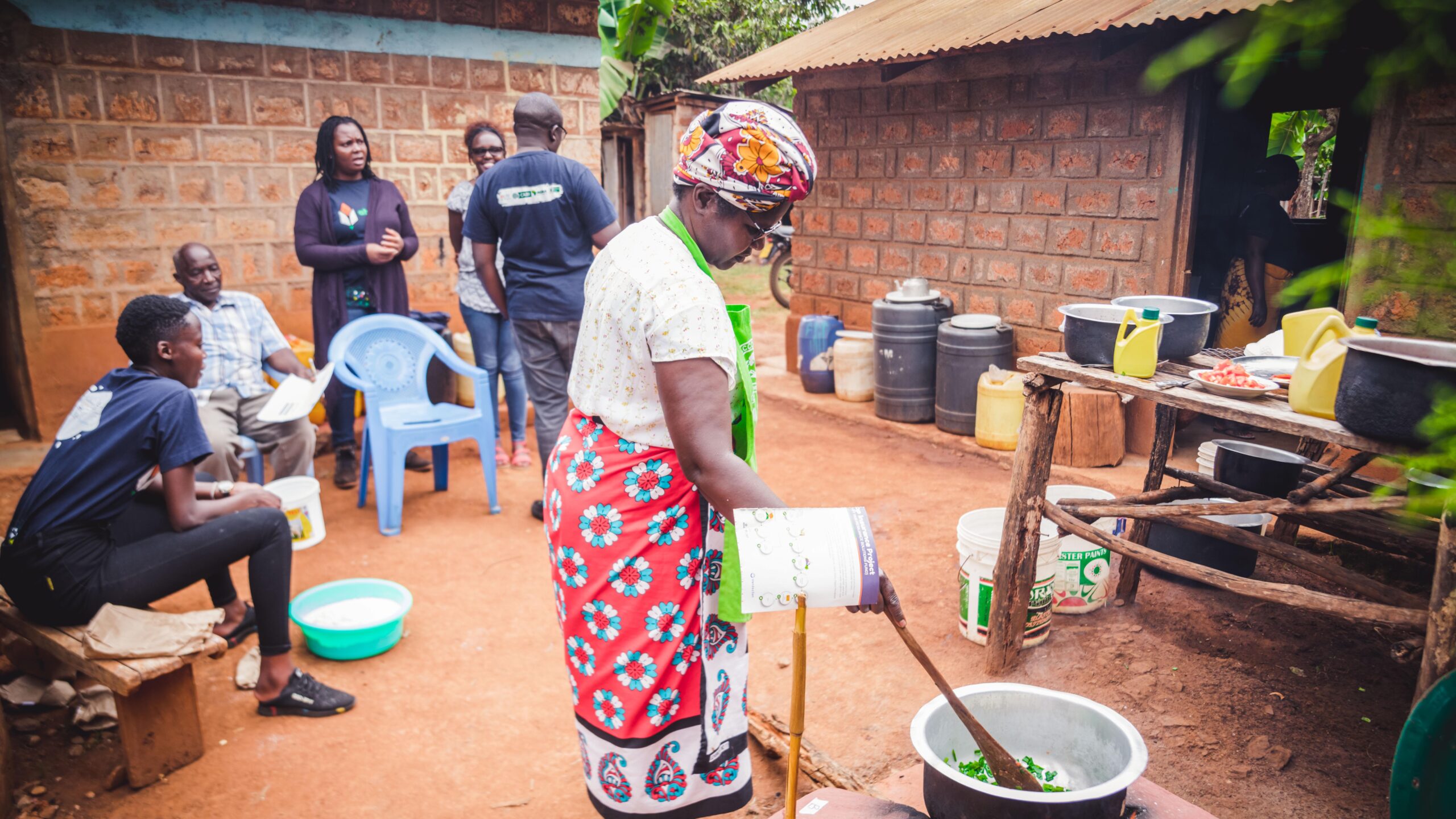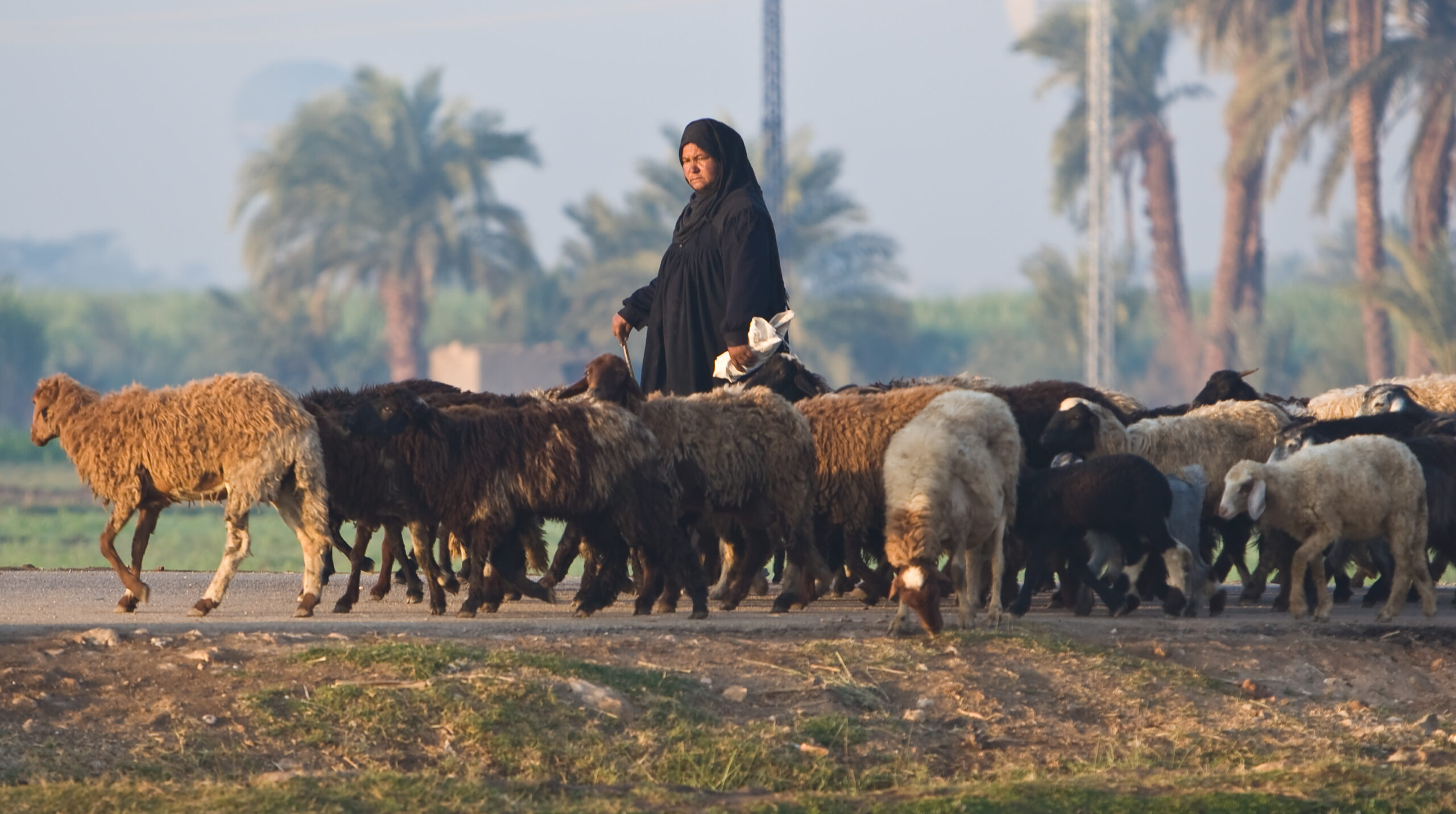As the world’s population continues to expand, ensuring that food production can meet the growing demand is an ever-mounting challenge. Climate change, soil degradation, and volatile food prices further threaten food security at a time when increasing agricultural output is paramount.
In the report, Taking Stock of National Agricultural R&D Capacity in Africa South of the Sahara, produced by IFPRI’s Agricultural Science and Technology Indicators, researchers Nienke Beintema and Gert-Jan Stads summarize recent progress in the development of national agricultural research systems in Africa south of the Sahara (SSA). The report—presented at the conference celebrating 15 years of the Forum for Agricultural Research in Africa (FARA) in Johannesburg, South Africa this week—also serves as a benchmark for monitoring the implementation of the Science Agenda for Agriculture in Africa, which is being launched at the conference.
Regional spending on agricultural research and development (R&D) must double if the countries of SSA are to meet the recommended United Nations (UN) and African Union’s target of investing 1 percent of agricultural GDP in public agricultural R&D, not to mention the even more ambitious post-2015 recommendation that low- and middle-income countries ramp up spending on agricultural R&D by five percent from 2015 to 2025.
The report highlights additional challenges to national agricultural research systems:
- Low staff retention and qualification levels: Civil service recruitment restrictions, low salaries, and inadequate funding have prevented many public agricultural research institutions from competing for, training, and retaining staff; in addition, a very large share of senior researchers are approaching retirement.
- Low female participation: Although female participation in agricultural R&D has increased in recent years, women have less influence on decisionmaking and policy because men continue to dominate in senior research and management positions.
- High funding volatility: Volatile fluctuations in agricultural R&D funding exert negative impacts on agricultural research systems by impeding strategic planning, undermining the conduct of research programs, demotivating staff, and eroding prior progress, all of which affect the quality, quantity, and efficiency of research outcomes and their ultimate impact on agricultural productivity and poverty alleviation.
- High donor dependency: Significant shares of government funding are generally allocated to salaries, leaving many countries dependent on donor and development bank funding to support the day-to-day costs of operating research programs and developing and maintaining R&D infrastructure; in addition to increasing funding volatility, high dependence on donor funding has the potential to skew national research priorities.
African governments and research agencies are limited in their choice of options to address the many challenges they face in developing their agricultural research systems because of funding constraints. The ASTI report lists various successful policy changes already adopted in certain countries, which can offer valuable lessons for other countries.
“It is critical that African countries invest more in agricultural research to ensure that they can feed their populations,” said Beintema. “Underinvestment, inadequate human resource capacity, poor research infrastructure, and a lack of coherent policies continue to constrain the quantity and quality of research outputs in many countries.”







